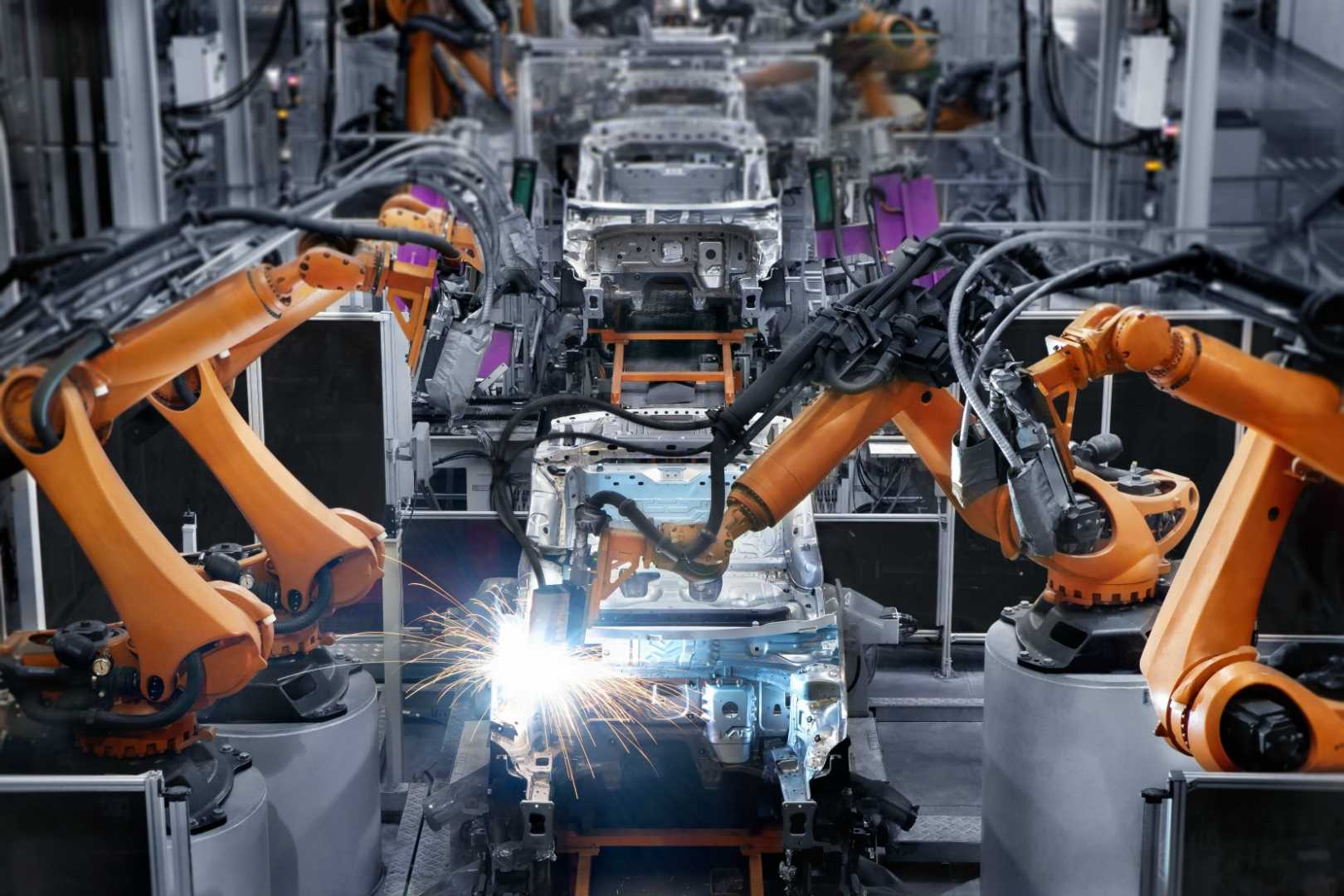Automation is rapidly transforming industries across the globe, driving unprecedented levels of efficiency, productivity, and innovation. As businesses increasingly integrate advanced technologies into their operations,
the impact of automation is becoming more profound. Here’s a closer look at how automation is set to revolutionize industries.
Enhanced Efficiency and Productivity
One of the most significant benefits of automation is the dramatic increase in efficiency and productivity. Automated systems can perform repetitive tasks with precision and speed that far exceed human capabilities.
This frees up human workers to focus on more complex and creative tasks, enhancing overall productivity.
In manufacturing, for example, robotic assembly lines can operate 24/7 without breaks, significantly increasing output and reducing production times. Automation in supply chain management can streamline inventory control, order processing, and logistics, ensuring timely delivery and reducing errors.
Improved Quality and Consistency
Automation ensures a level of precision and consistency that is difficult to achieve manually. Automated systems follow predefined processes with exacting accuracy, reducing the risk of human error. This is particularly crucial in industries where quality and consistency are paramount, such as pharmaceuticals, electronics, and automotive manufacturing.
By maintaining stringent quality control through automated inspections and testing, companies can ensure that their products meet high standards and comply with regulatory requirements. This not only enhances customer satisfaction but also minimizes the cost of rework and recalls.
Cost Savings and Operational Efficiency
While the initial investment in automation technology can be substantial, the long-term cost savings are significant. Automation reduces labor costs by performing tasks that would otherwise require human workers. Additionally, automated systems can operate continuously without the need for breaks, vacations, or overtime pay.
Operational efficiency is also enhanced through the optimization of resources. Automated systems can manage energy usage more effectively, reducing waste and lowering utility bills. Predictive maintenance, powered by sensors and data analytics, can prevent costly equipment failures and extend the lifespan of machinery.
Increased Flexibility and Scalability
Automation enables industries to be more flexible and scalable in their operations. Advanced robotics and automation systems can be reprogrammed and reconfigured to handle different tasks and adapt to changing production demands. This agility is crucial in industries where product lifecycles are short and market demands fluctuate.
For instance, in the food and beverage industry, automated packaging systems can quickly switch between different product lines, accommodating seasonal variations and new product launches. This flexibility allows companies to respond swiftly to market trends and customer preferences.

Enhanced Safety and Risk Management
Automation significantly improves workplace safety by taking on dangerous and hazardous tasks. In industries such as mining, construction, and chemical manufacturing, automated machinery can perform tasks in environments that are too risky for human workers. This reduces the incidence of workplace accidents and injuries.
Furthermore, automation systems can monitor and manage risks more effectively. For example, automated monitoring systems can detect anomalies in real-time, alerting operators to potential safety hazards before they escalate. This proactive approach to risk management enhances overall workplace safety and ensures compliance with safety regulations.
Driving Innovation and New Opportunities
Automation is a catalyst for innovation, enabling industries to explore new opportunities and business models. By leveraging artificial intelligence, machine learning, and data analytics, companies can gain valuable insights into their operations and identify areas for improvement and innovation.
In healthcare, automation is revolutionizing diagnostics, treatment, and patient care. Automated systems can analyze medical images with high accuracy, assist in robotic surgeries, and manage patient records efficiently. This not only improves patient outcomes but also paves the way for personalized medicine and advanced healthcare solutions.
Conclusion
Automation is set to revolutionize industries by enhancing efficiency, improving quality, reducing costs, and driving innovation. As businesses continue to adopt and integrate advanced technologies, the benefits of automation will become increasingly evident. The future of industry is automated, and companies that embrace this transformation will be well-positioned to thrive in a competitive and dynamic market landscape.
By staying ahead of automation trends and investing in the right technologies, businesses can unlock new levels of productivity, flexibility, and growth. The revolution is underway, and the potential for automation to reshape industries is limitless.
